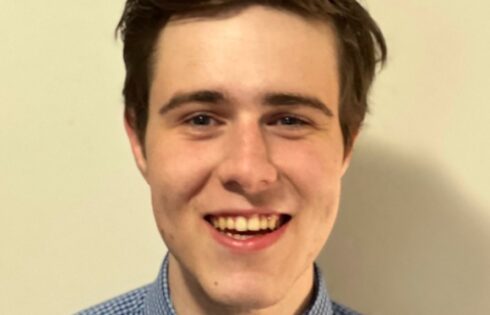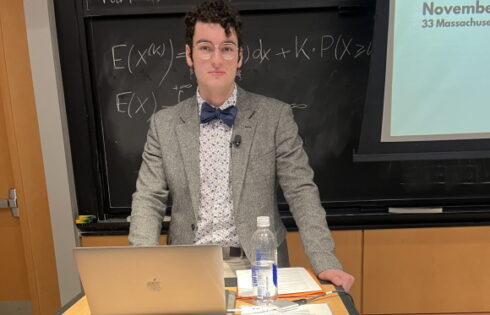
Hard for them to ‘be heard and taken seriously and respected’
Harvard has an entire office dedicated to “equity, diversity and inclusion” for undergraduates, but only one inclusion-exclusive bureaucracy wasn’t enough for university leaders.
It’s launching a new “Task Force on Inclusion and Belonging” that spans the entire university, drawing its 46 members from across Harvard schools, The Harvard Crimson reports.
Harvard President Drew Faust wrote in a memo to the community that the task force will
engage in active outreach with an eye toward gaining a broad understanding of the lived experience of the diverse populations on our campus. It will also solicit ideas about ways to strengthen our shared commitment to building a community in which everyone has the opportunity to thrive.
MORE: Harvard race protesters ignored liberal icon’s advice to tone it down
If that didn’t answer any questions for you, these softball PR interviews with the task force’s leaders shed a little light.
One notable agenda item for the task force is not mentioned in either the Crimson report or the Faust memo. It’s buried halfway down the interview page in a question on which parts of the community “don’t feel comfortable here.”
Archon Fung, academic dean of the Kennedy School, notes one group that’s often overlooked:
President Faust’s charge had a very broad conception of diversity that includes not just race and class and gender but also different levels of physical ability, religion, different ideologies, and political views. …
At the Kennedy School, we’re particularly cognizant that political conservatives are a minority in the faculty and in the student body, and I suspect among the staff as well. It would be fairly personally challenging to articulate and defend your views as a Trump supporter if you were here. We know from faculty and student discussion that conservatives in the classroom and outside, in co-curricular and extracurricular activities, find it challenging to express their views and be heard and taken seriously and respected. …
One of the main challenges to conservative students expressing their views is the sense that there will be social cost. So it’s as much, probably more than anything else, the horizontal pressure of opinion of other students that is the challenge to an open and free exchange of ideas there.
MORE: Harvard Law activists say free speech is part of ‘white privilege’
The only surprising “reading” on the task force website is a New York Times op-ed by Arthur Brooks, president of the American Enterprise Institute, on the danger to academic quality from too little intellectual diversity.
Fung also notes that Harvard’s population is “not particularly religious,” calling religious diversity and inclusion “a real challenge” that nonetheless “merits particular attention.”
Don’t expect to hear much about the task force’s work for a while. The first six months are a “listening and learning and thinking” phase, according to Danielle Allen, director of the Safra Center for Ethics:
We’re not in a position yet to say precisely what the timetable will be. For the discovery phase, we expect to have small-scale grassroots listening sessions through the fall and winter, and we anticipate organizing a larger convening in the spring.
The Crimson editorial board acknowledges the task force may look like “another overly bureaucratic response” to many students, but its bigger worry is this could turn into a stalling mechanism for “a plethora of actionable problems” that can be addressed now:
For instance, a more widespread program to [install] diversity art around campus can proceed without waiting for a new report. In a similar vein, Harvard must make a concerted effort to hire more faculty of color. The undergraduate curriculum should continue to expand beyond traditionally Eurocentric disciplines, as exemplified by the steady growth of Asian-American Studies, and academic departments should make concerted efforts to diversify syllabi and reading lists.
Sounds like the Crimson editors aren’t as interested in making conservatives feel at home at Harvard as Dr. Fung.
Read the Crimson report, editorial, Faust’s memo and task force leaders’ interview. You can get updates from the task force website.
MORE: Harvard tells students how to correct their bigoted families
Like The College Fix on Facebook / Follow us on Twitter
IMAGE: Africa Rising/Shutterstock






Please join the conversation about our stories on Facebook, Twitter, Instagram, Reddit, MeWe, Rumble, Gab, Minds and Gettr.